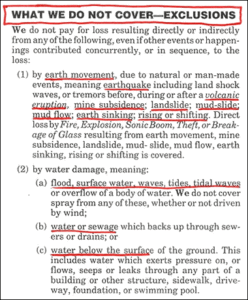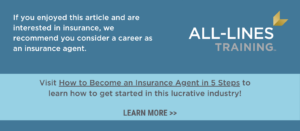Insurance policies play a crucial role in safeguarding individuals, businesses, and assets against unforeseen risks and potential financial losses. While insurance policies may seem complex and filled with legal jargon, understanding their various parts is essential to ensure you make informed decisions and secure the right coverage. In this blog, we’ll delve into the different parts of an insurance policy, shedding light on their importance and helping you navigate insurance policies with confidence.
Declarations Page:
The declarations page is a snapshot of the insurance policy. It contains vital information such as the policyholder’s name, contact details, policy number, coverage effective dates, and premium amounts. It also provides a summary of the insured property or individuals, including their description, location, and any endorsements or special provisions.
Insuring Agreement:
The insuring agreement defines the scope of coverage provided by the insurance policy. It outlines the risks or perils that the policy covers and the specific losses or damages that the insurer will compensate. This section typically includes clear language and establishes the insurer’s obligations and the insured’s responsibilities.
Policy Conditions:
Policy conditions outline the obligations, duties, and responsibilities of both the policyholder and the insurer. These conditions may cover matters such as premium payment terms, policy cancellation or renewal provisions, claim reporting requirements, cooperation with investigations, and any other contractual obligations. Understanding these conditions is crucial to ensure compliance and avoid potential gaps in coverage.
 Exclusions:
Exclusions:
Exclusions specify the risks or circumstances that the insurance policy does not cover. Insurance policies are designed to cover specific risks, and exclusions help define the boundaries of coverage. Common exclusions include intentional acts, wear and tear, acts of war, nuclear accidents, and certain high-risk activities. It’s essential to review these exclusions carefully to understand the limitations of coverage so you can explore additional options if necessary.
Endorsements:
Endorsements, also known as riders or add-ons, modify the standard terms and conditions of the insurance policy. They can add or remove coverage, increase or decrease policy limits, or customize the policy to meet specific needs. Endorsements provide flexibility and allow policyholders to tailor their coverage based on their unique circumstances. It’s crucial to review and understand any endorsements to ensure the policy meets your needs.
Deductibles:
Deductibles are the portion of a claim the policyholder must pay out of pocket before the insurance coverage kicks in. Typically, higher deductibles lead to lower premium costs, while lower deductibles result in higher premiums. Understanding your deductible and how it will affect your financial situation is important when evaluating an insurance policy.
Limits of Liability:
The limits of liability define the maximum amount an insurer will pay for a covered loss. These limits can be set per occurrence or aggregate over a policy period. It’s vital to evaluate your coverage limits carefully to ensure they adequately protect your assets and potential liabilities. In some cases, additional coverage may be necessary to bridge any gaps.
![]()
Navigating the world of insurance policies can be overwhelming, but having a clear understanding of their different parts is crucial in making informed decisions. From the declarations page to the limits of liability, each component serves a specific purpose in providing coverage and managing risks. By familiarizing yourself with these parts, you can confidently assess your insurance needs, review policy terms, and secure the protection that aligns with your unique circumstances.
If you ever have questions or concerns about your policy, it’s best to ask your insurance agent or broker. They are there to help you find and purchase the coverage that best meets your needs.




